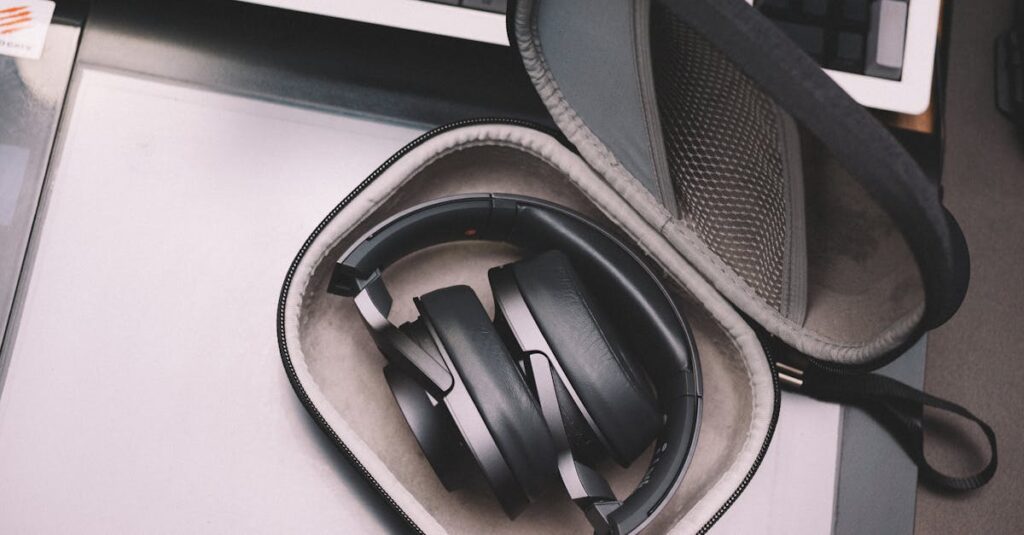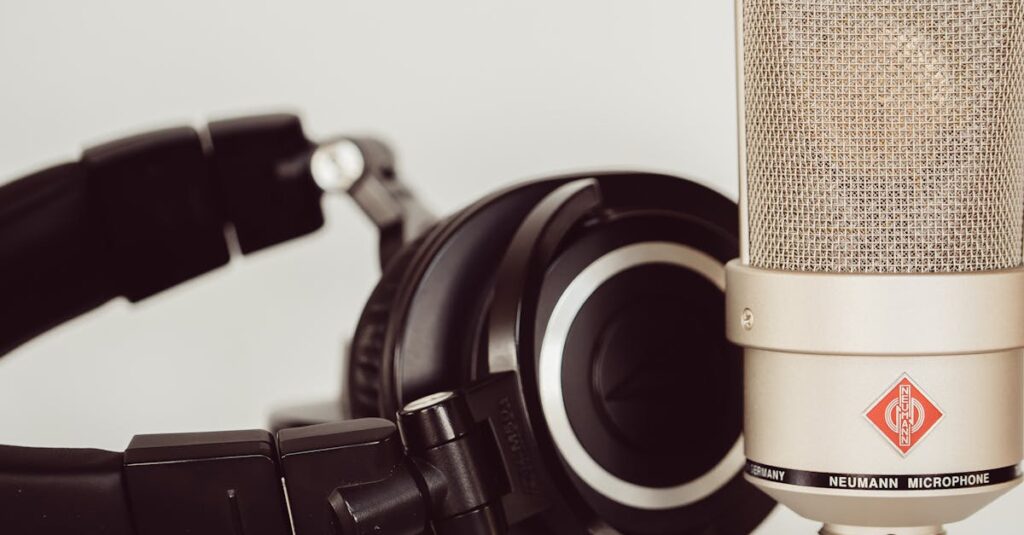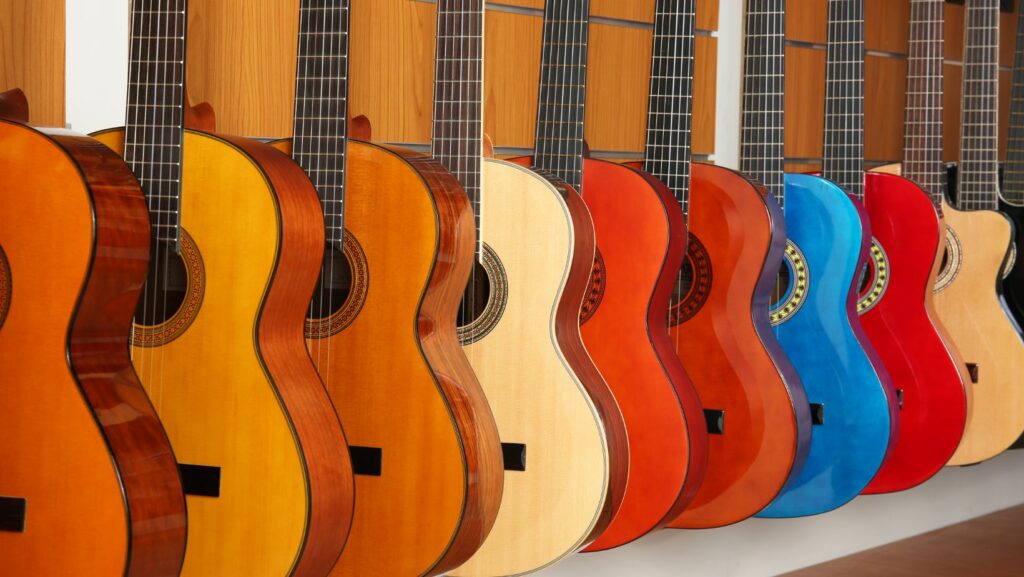Every musician knows the importance of protecting their gear. Whether it’s a prized guitar, a delicate keyboard, or essential recording equipment, a reliable music gear case is crucial for safeguarding these investments. With the right case, musicians can travel with confidence, knowing their instruments are shielded from the rigors of transport and environmental factors.
In a world where every gig and rehearsal counts, choosing the perfect music gear case can make all the difference. From hard-shell cases that offer maximum protection to lightweight options that prioritize portability, there’s a wide range of choices available. Understanding the unique needs of different instruments and setups can help musicians find the ideal case that balances security and convenience.
Music Gear Case
Music gear cases serve an essential purpose in the protection of musical instruments and equipment. These cases offer various levels of security, catering to the diverse needs of musicians.
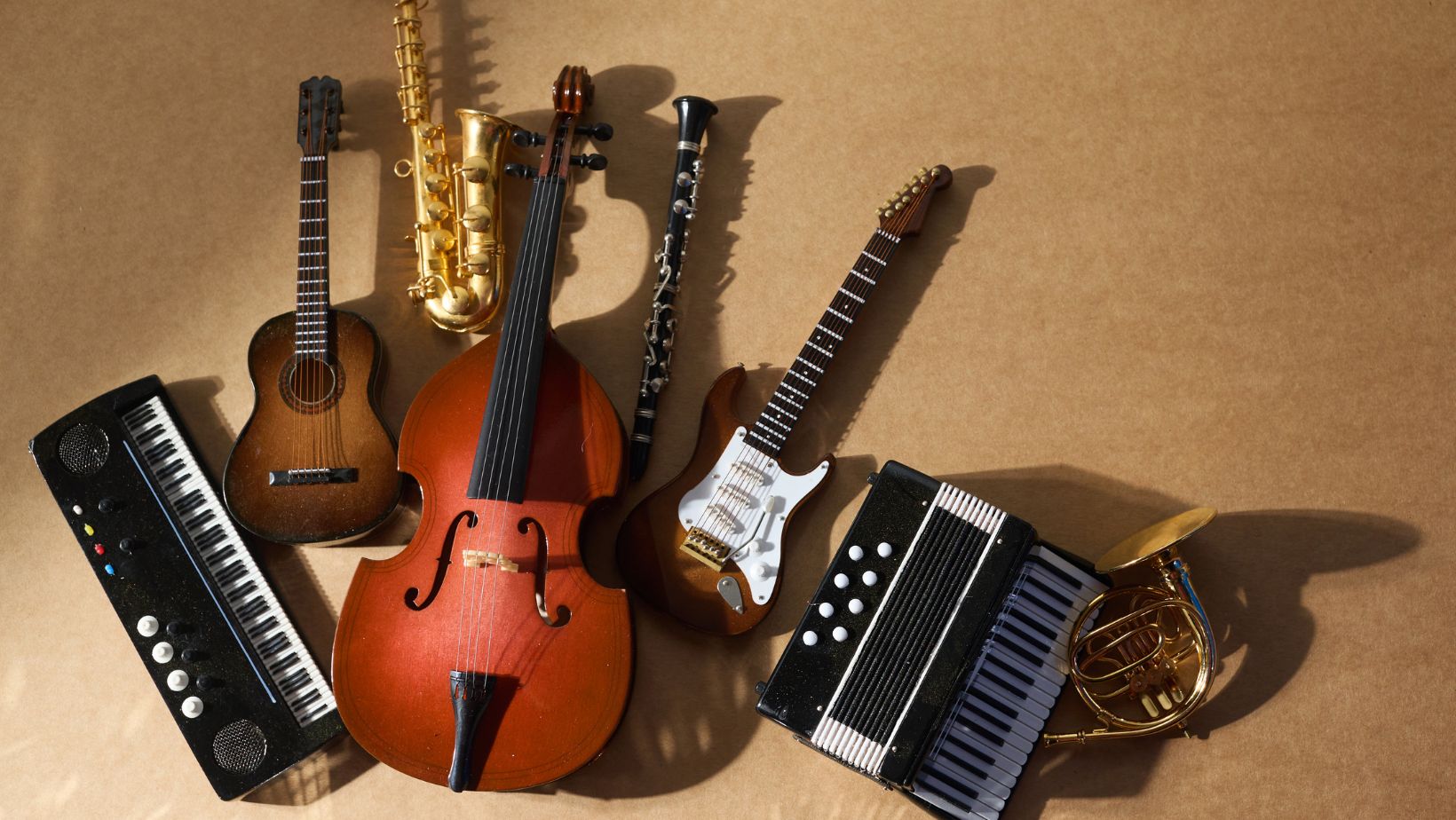
Types Of Music Gear Cases
- Hard-Shell Cases: Crafted from materials like fiberglass or molded plastic, hard-shell cases provide maximum protection against impacts and environmental factors.
- Soft Cases: Featuring padded exteriors, soft cases prioritize portability and lightweight designs while offering moderate protection.
- Gig Bags: Ideal for quick transportation, gig bags are flexible and often designed to hold accessories alongside instruments.
- Custom Cases: Tailored specifically for unique instruments, custom cases ensure a snug fit and enhanced protection.
Material Options
- Polyethylene: Offers sturdy protection against moisture and impacts, commonly used for hard cases.
- Nylon: Lightweight and durable, nylon fabric is often used in soft cases, balancing protection with portability.
- Foam Padding: Used within both hard and soft cases, foam padding absorbs shocks and provides cushioning during travel.
Key Features To Consider
- Handles and Straps: Ergonomic handles and adjustable straps enhance portability and comfort.
- Locking Mechanisms: Secure closures provide additional security, deterring theft during transport.
- Weather Resistance: Cases with weather-resistant materials shield instruments from rain and humidity.
- Protection: Safeguards against physical damage, ensuring continued performance quality.
- Storage: Offers organized spaces for instruments and accessories, reducing the risk of misplacing items.
- Transport: Facilitates easy movement of equipment, making travel more efficient for musicians.
Understanding the various aspects of music gear cases helps musicians make informed decisions when selecting the most suitable option for their needs.
Types Of Music Gear Cases
Musicians can choose from various types of music gear cases, each designed for specific levels of security and portability. Understanding these options makes it easier for them to select the right case based on their needs.
Hard Cases
Hard cases provide superior protection for musical instruments like guitars and drums. Made from robust materials such as polyethylene or fiberglass, these cases resist impact and environmental conditions. Many hard cases feature padding inside to prevent damage during transit, while additional elements like locking mechanisms enhance security. Brands such as SKB, Gator, and Fender offer a range of hard cases catering to different instrument shapes and sizes.
Soft Cases
Soft cases, often constructed from materials like nylon or polyester, offer lightweight and portable options for musicians. These cases prioritize convenience, allowing for easy carrying and storage. While they provide less protection than hard cases, many incorporate padding for minor impact resistance. Soft cases work well for casual gigging or short travels, and popular brands include Mono, Gator, and Protec.
Gig Bags
Gig bags are versatile cases designed for ease of transport and quick accessibility. Their lightweight design includes padded sections and often additional pockets for accessories. Ideal for musicians who frequently travel, gig bags allow for efficient loading and unloading. Popular choices include models from brands like Harmon, Fender, and Ibanez, catering to various instruments, from electric guitars to keyboards.
Features To Consider
Choosing the right music gear case involves several critical features that impact durability, convenience, and protection. Musicians should assess each aspect carefully to meet their specific requirements.
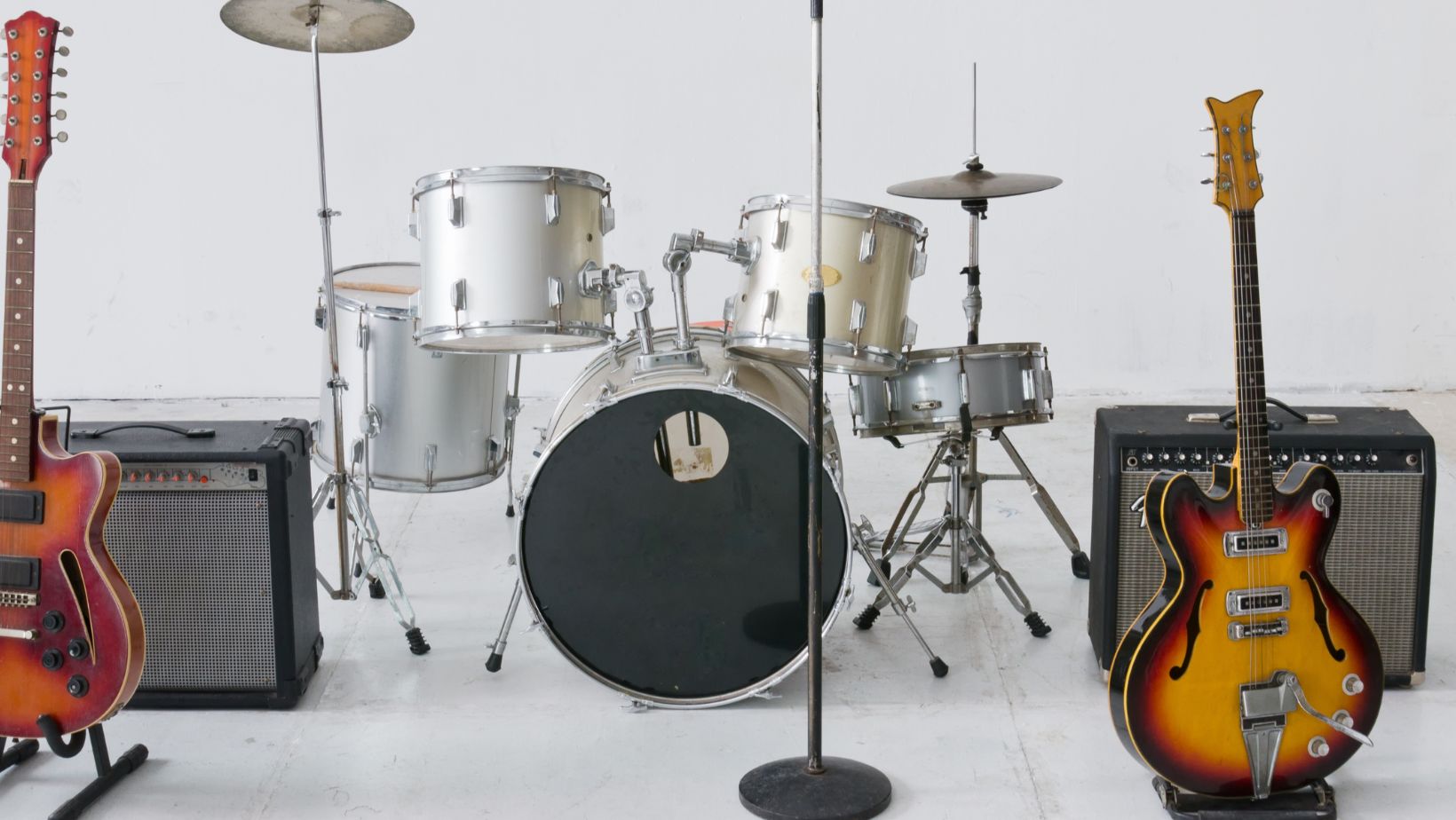
Material Quality
Material quality plays a significant role in a gear case’s overall effectiveness. Cases are typically made from materials such as polyethylene, ABS plastic, and nylon. Polyethylene offers excellent impact resistance, ideal for protecting fragile instruments. ABS plastic provides rigidity and durability, suitable for hard cases. Nylon cases, while lighter and more portable, offer moderate protection. Evaluating the material ensures the case withstands the rigors of travel and daily use.
Size And Fit
Size and fit directly affect the usability of a gear case. A snug fit prevents movement during transport, minimizing the risk of damage. Cases must accommodate the specific dimensions of instruments like guitars, keyboards, or amplifiers. It’s vital to check the internal measurements of the case against the instrument’s size to ensure a proper fit. Additionally, some cases feature adjustable compartments for storing accessories, enhancing overall organization.
Protection Level
Protection level is crucial for securing instruments against potential hazards. Hard cases usually provide the highest level of protection through rigid exteriors and substantial padding. Soft cases offer varying levels of padding and are lightweight, trading off protection for portability. Musicians should also consider features like weather resistance and shock-absorbent foam lining. Understanding the required protection level helps ensure the chosen gear case adequately safeguards instruments during transit.
Best Music Gear Cases On The Market
Selecting the right music gear case is crucial for protecting instruments during transport. This section reviews top options and compares their prices to assist musicians in making informed choices.
Case Reviews
- SKB 3i Series Waterproof Cases
Offers superior protection with hard-shell polyethylene and a waterproof design. Ideal for guitars and electronic equipment, it features customizable foam inserts for snug fits. - Gator Cases Deluxe Gig Bag
Prioritizes portability with a lightweight design and padded protection. Multiple pockets accommodate accessories, catering to musicians who favor ease of transport without sacrificing safety. - Mono M80 Dual Electric Guitar Case
Provides a blend of durability and convenience. Its weather-resistant exterior along with a well-padded interior ensures instruments remain safe during travel while allowing easy access. - Fender Custom Shop Tweed Case
Combines classic aesthetics with solid construction. This hard-shell guitar case features plush interior lining and a sturdy exterior to protect high-end instruments. - Crown XR3U Universal Rack Case
Designed for audio equipment protection, it ensures devices remain securely stored. The robust construction and front and rear mounting options offer versatility for various setups.
| Brand | Case Type | Price Range (USD) |
|---|---|---|
| SKB | Hard Case | $200 – $400 |
| Gator | Soft Case | $60 – $150 |
| Mono | Hybrid Case | $300 – $400 |
| Fender | Hard Case | $150 – $300 |
| Crown | Rack Case | $100 – $250 |
Prices indicate a range based on features and protective levels. Higher-priced cases often offer enhanced materials and added features, ensuring better protection and durability for valuable instruments.
Choosing the Right Case
Choosing the right music gear case is essential for any musician looking to protect their valuable instruments. With various options available it’s important to prioritize specific needs whether that means maximum protection or enhanced portability.
Investing in a quality case not only safeguards instruments from damage but also provides organized storage and ease of transport. By considering factors like material quality size and protection level musicians can ensure their gear remains safe and accessible.
Ultimately the right case enhances the overall experience allowing musicians to focus on what they do best—creating music.

